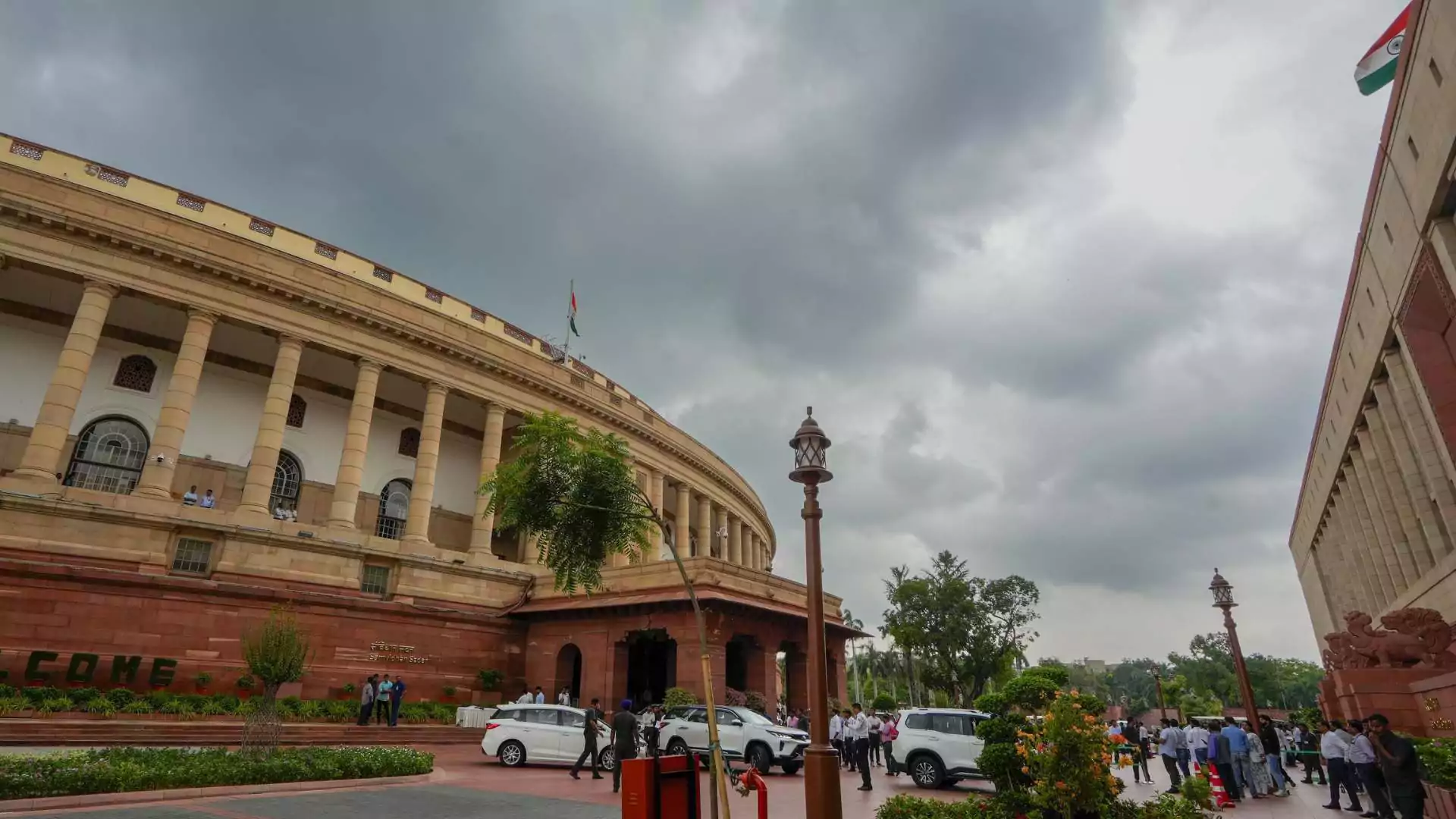The Joint Parliamentary Committee (JPC) on the Waqf (Amendment) Bill convened for the first time today in Delhi, where officials from the Ministry of Minority Affairs and the Ministry of Law provided an in-depth briefing on the various amendments proposed in the draft legislation. The 31-member committee, chaired by BJP MP Jagdambika Pal, has been tasked by the Lok Sabha to thoroughly examine the bill, which has sparked significant protests from opposition parties and Muslim organizations.
Minority Affairs Ministry to elaborate
During the meeting, representatives from the Minority Affairs Ministry were expected to elaborate on the “amendments proposed on the Bill,” as stated by the Lok Sabha Secretariat. The committee’s primary focus is to delve into each of the 44 proposed amendments and address the concerns raised by various stakeholders.
Speaking ahead of the meeting, Mr. Pal emphasized the committee’s commitment to a thorough review. “We will discuss all the 44 amendments and bring a good and comprehensive Bill by the next session,” he said. He also assured that the committee would hear from various Muslim bodies representing different sects to ensure that their views are considered in the final draft.
The Waqf (Amendment) Bill is a significant initiative by the BJP-led NDA government, aiming to reform the registration process for Waqf properties through a centralized portal. Among the proposed reforms is the establishment of a Central Waqf Council, which would work alongside state Waqf Boards. Notably, the bill includes provisions for the representation of Muslim women and non-Muslim members on these boards.
Elements of the bill
One of the most contentious aspects of the bill is the proposal to grant district collectors the authority to determine whether a property is classified as Waqf or government land. This provision has been met with strong opposition, particularly from Muslim organizations and opposition parties, who view it as an encroachment on the autonomy of Waqf institutions.
The bill was introduced in the Lok Sabha on August 8, following a heated debate. The government has defended the proposed law, stating that it does not seek to interfere with the functioning of mosques or other Waqf properties. However, opposition parties have criticized the bill, calling it an attack on the Muslim community and the Constitution.
As the JPC begins its work, the stakes are high. The outcome of the committee’s deliberations will have far-reaching implications, not only for the management of Waqf properties but also for the broader relationship between the government and the Muslim community. Mr. Pal reiterated the committee’s commitment to producing a bill that is fair and comprehensive, reflecting the diverse views of all stakeholders involved.
The JPC’s review process is expected to continue over the coming weeks, with multiple rounds of discussions and consultations planned.





















